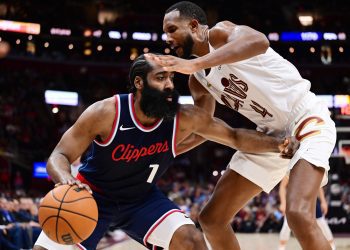LeBron James’ Bold Projection
During a recent interview, LeBron James expressed unwavering confidence in his generation’s ability to excel in any era. He claimed that if Giannis Antetokounmpo played in the 1970s, he could put up 250 points in a single game. James even joked that such dominance on the court would leave little room for even talented ball-handlers to operate as they did in his time.
Debate Over Basketball Greatness
The comments sparked a spirited debate when Chris “Mad Dog” Russo offered a counterpoint. Russo challenged the comparison by emphasizing the distinct legacy of past legends, notably spotlighting Julius Erving. According to Russo, Erving’s unique impact on the game placed him in a different echelon, arguing that Giannis and Erving should not be measured on the same scale. This perspective highlights the broader conversation about how eras and individual styles shape basketball history.
Revisiting a Storied Legacy
Julius Erving, who played a pivotal role in transforming the game during his career, remains synonymous with innovation and excellence on the court. His achievements, underscored by impressive scoring, rebounding, and playmaking, contributed to a legacy that resonates with fans and analysts alike. With a long list of accolades and memorable performances, Erving’s career continues to serve as the benchmark for evaluating talent across generations.
A Conversation on Comparison and Era
The dialogue between these two prominent voices in basketball encapsulates the ongoing debate over how modern stars would have fared in earlier decades. While LeBron’s projection highlights the evolution of athleticism and skill, Russo’s remarks invite a reflection on the distinctive contributions of past legends. This exchange exemplifies the enduring fascination with comparing basketball talents across different eras and the changing dynamics of the game.









